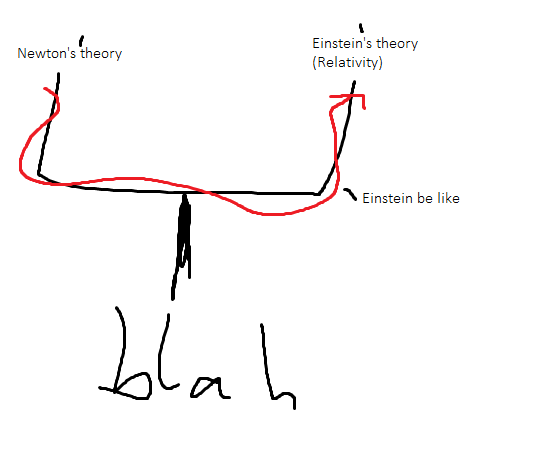The Demon in the Machine | Book Review
Huh! For a while, I’ve had the nudge, the curiosity to delve into chaos theory, information, and how these fit into physics. I hadn’t found any good books on these, and The Demon in the Machine by Paul Davies seemed like a good enough thing when I was searching the library, so I picked it up. I am glad I did.
Overview
The Demon in the machine does what I think is an amazing evaluation of how information flow & processes can fit into life. It talks about biology, life, physics, and information. From perpetual motion thingos to turing machines to universal constructors (von Neumann machines; the reproduction of a self requires all the physical resources AND the information (instruction set) of how to build itself)), etc.
Specifically (so far), it hints towards the origin of life/whatever as not only taking into consideration a reductionist view of it (i.e biology just looking deeper and deeper into circuit boards to find out how they work), but instead also taking into account the information flows and processes that occur within a physical (biological) system.
It took some time to read this mainly because I had to stop and think about every 5 pages, and the biological tI erms & thinking about these molecules were new to me, but I enjoyed it. It talked about the physics of information, cellular automata, epigenetics (how environments can actually affect the genes expressed for not only organism A, but also its descendants once a gene is expressed in different way (two headed worm being one)). Even now, I’m still reading (only up to page ~150, Chapter 5).
It definitely requires an open mind to read; it’s just… So cool. Viewing the world with an information lens instead of a reductionist view of things. I’m beginning to enter my own musings now (and I’m not sure how much I can validate them), but where does emergence come from? Things like that are just cool to talk about.
Tangent
Definitely radical/really far out stretched ideas of mine without too much evidence: It feels like the problems we face at the bleeding edge of physics, biology, etc. today such as the problem of dark matter could be solved with deeper knowledge of chaos theory, information flow, things like that etc.
[Added 31/7/21] Also, perhaps the question (this is just food for thought) of “Can 3D information be encoded on a 2D space” may lead somewhere. This feels somewhat similar to the blackhole information paradox and black holes in general, but… Idk? I’m probably just spouting nonsense.
Although, to get to this point with the information lens way of looking at things it will take time to building a competing theory. Entering a small tangent now, competing theories A and B will predict identical outcomes for all previous experiments, but a (potentially slightly) different outcomes for a new one. The one that predicts better is the winner (for now). It’s similar to newtonian mechanics vs einstein!
Like, when everybody was all Newton this, Newton that, the pesky problem of Mercury’s orbit (precession of Mercury), just slightly disobedied the laws he found, (a discrepency of 43 seconds (angle) per century), nobody had a clue why. For the more accurate theory to appear, someone (his name might’ve been Einstein - he was the first to do it, some others were kinda close though), must’ve climbed down the assumptions that Newton’s laws made and build his own theory. Of Relativity. Which correctly predicted Mercury’s precession.
Obviously, relativity had other consequences, but just to correct this small misprediction in data required a completely new and radical change in the way we think about gravity. Crazy! There was a Feynmen video about this, but I couldn’t find it.

Maybe this is the way forward? Might not, who knows. But it’s still interesting.
Conclusion
I came to this book for AI, and I came out with information. Not bad. Also, I was just looking at Lex Fridman’s channel and saw a podcast by a Sara Walker, who I had only heard of in the book (she was referenced as doing stuff to cellular automata), and I was like ‘Huh, why not.’ I definitely recommend watching the podcast if you have time (stopped midway to just write this post out quickly). Maybe it’s because I’m still reading it (and I tend to rate higher books that I read for longer time periods), but 9/10.
Okay, bye!